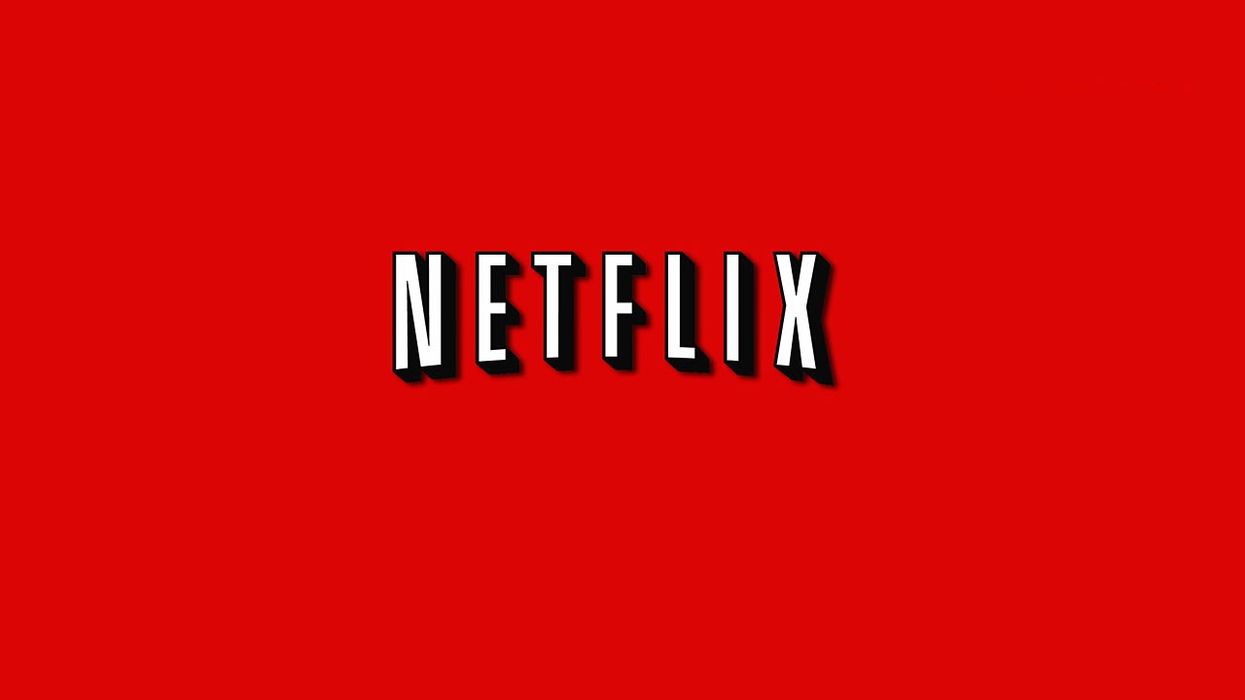What VOD's Growing Dominance Means For Indie Filmmakers
In 2015, there was a 3% drop in TV viewing time among U.S. audiences in 2015.

A new study by MoffettNathanson shows that American subscribers to Netflix alone "streamed 29 billion hours of video last year." Let's check out what this seismic shift means for indie filmmakers.
VOD services like Netflix, Amazon, Hulu and iTunes are becoming go-to distribution channels for many indie filmmakers. Many of these companies have started to produce original content, and indie filmmakers are getting the chance to create and/or helm shows. Amazon Studios' award-winning comedy series Transparent is the vision of creator, executive producer, writer and director Jill Solloway, whose Afternoon Delight won the Best Directing Prize at Sundance in 2013. (Episodes have also been directed by Marielle Heller, whose Diary of a Teenage Girl was a Sundance sensation in 2015.)
These trends are making traditional media uneasy, to say the least. Time Warner CEO Jeff Bewkes recently told investors, "It’s clear that [VOD] offers less monetization support for the quality and diversity of programming that we have gotten used to seeing on the dial." With behemoths having less and less control, independent distributors are thinking small and tailoring their releases for VOD, down to making sure the poster art looks good on a computer screen. (Distributor The Orchard discussed this in a blog post where they referenced their films The Escortand Red Knot.)
Source: Variety












